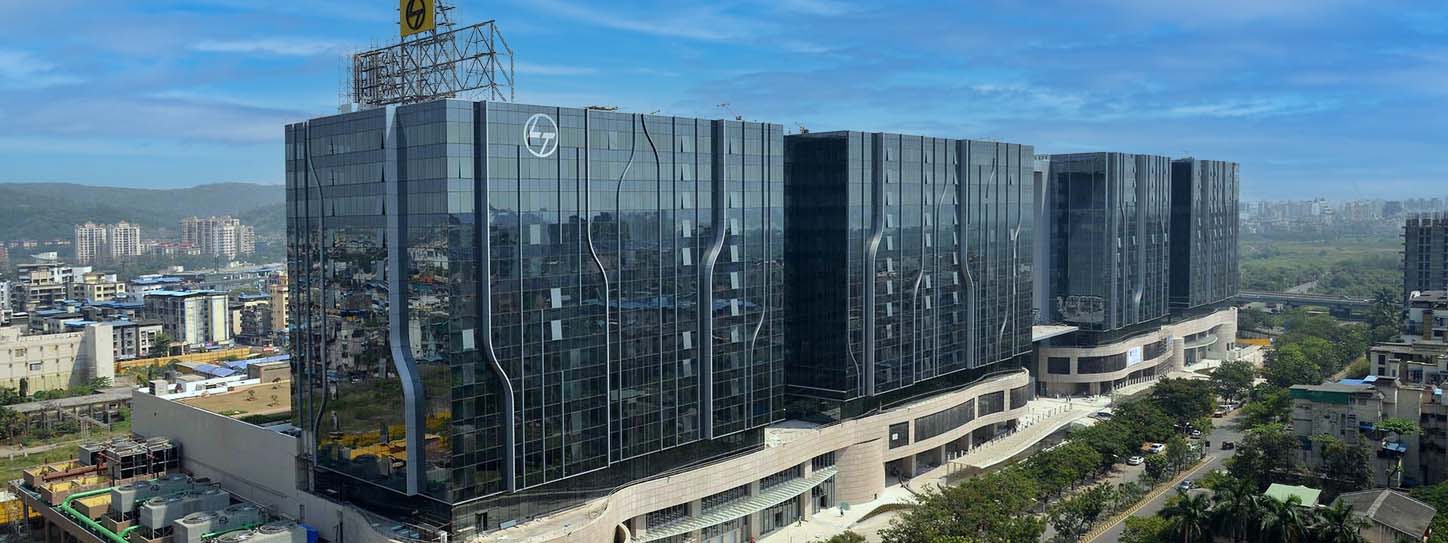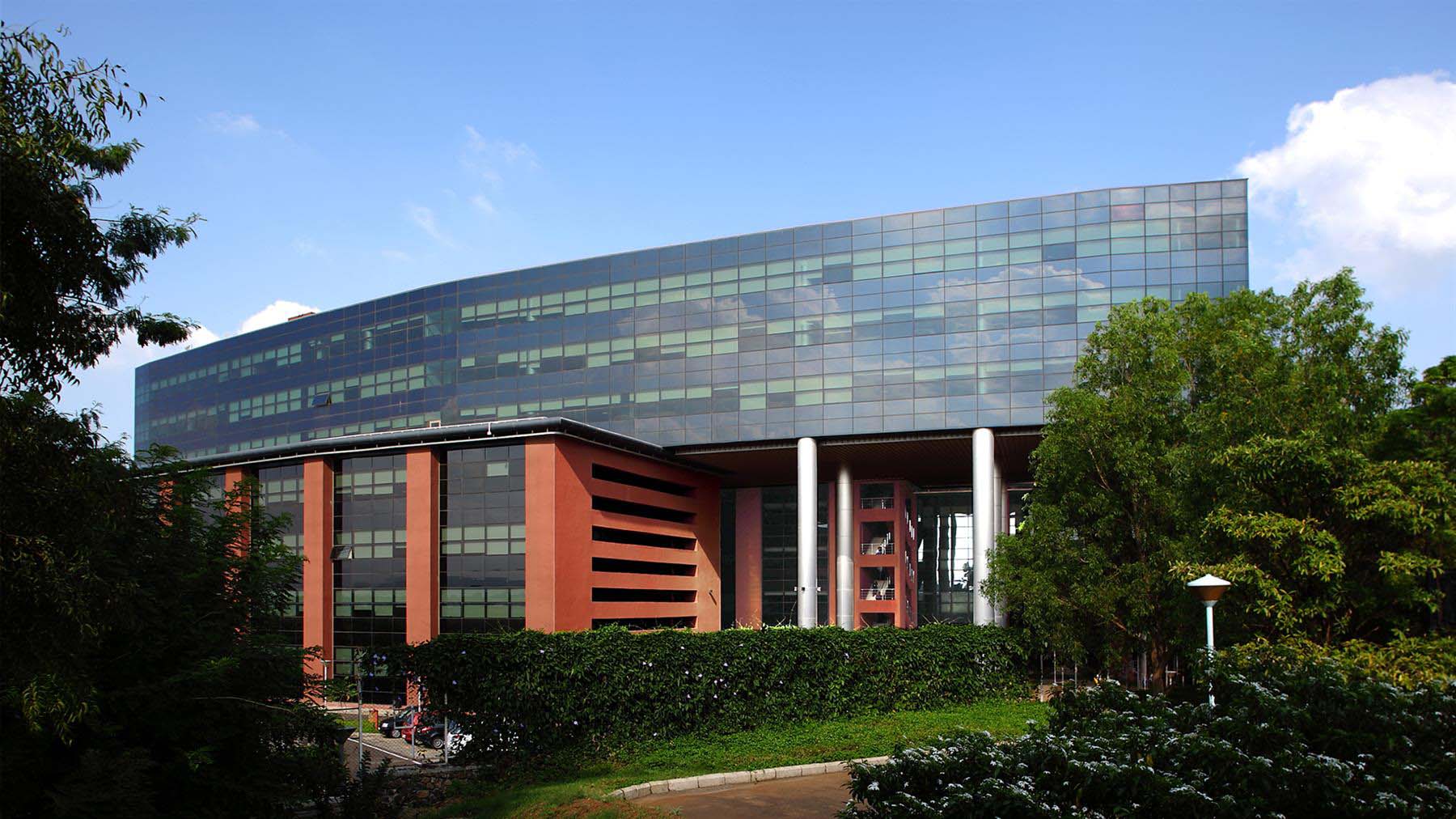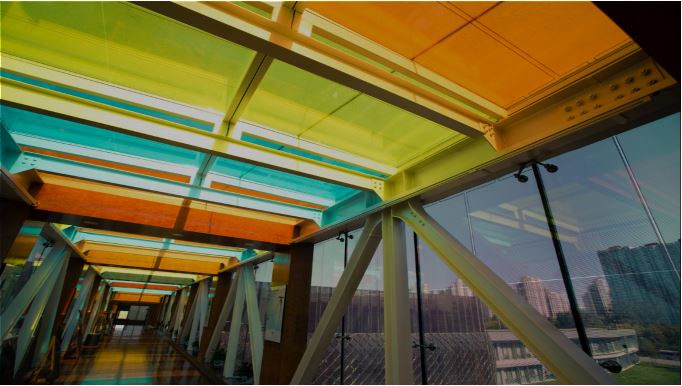Glass is a versatile and sustainable material that can help to control environmental damage in a number of ways. One of the main benefits of glass is that it is a highly recyclable material. Unlike many other materials, glass can be recycled indefinitely without losing quality or purity. This means that glass can be used again and again, reducing the need for virgin raw materials and the energy required to manufacture new glass.
Another way in which glass can help to control environmental damage is through its energy efficiency. Glass is an excellent insulator, which means that it can help to keep buildings warm in the winter and cool in the summer. This can greatly reduce the amount of energy required to heat and cool buildings, and can also help to reduce carbon emissions.
Glass is also a very durable material, which means that it can last for many years without needing to be replaced. This can help to reduce waste and the need for new materials, which is beneficial for both the environment and for businesses.
There are also many factors that help to replace other substances with Glass such as:
- Glass can be easily cleaned and disinfected, making it a suitable material for use in healthcare and food packaging. - Glass is a transparent material, which makes it ideal for use in windows and other applications where visibility is important.
- Glass is also a very versatile material, which means that it can be used in a wide variety of applications, including construction, packaging, and manufacturing.
All of these factors together help to make glass a highly sustainable and environmentally friendly material. With the increasing focus on environmental issues and sustainability, it is likely that we will see even more use of glass in the future as a way to control environmental damage.
How different types of facade glass can help you to replace the ordinary cement blocks wall:
Glass facades are a popular alternative to traditional cement block walls, as they offer a number of benefits in terms of energy efficiency, durability, and aesthetics. Different types of facade glass can help to replace ordinary cement block walls in various ways.
- Insulated glass units (IGUs) are a popular choice for facade glass. These units consist of two or more layers of glass that are separated by a spacer and sealed around the edges. The air or gas trapped between the layers of glass acts as insulation, helping to keep buildings warm in the winter and cool in the summer. This can greatly reduce the amount of energy required to heat and cool buildings, and can also help to reduce carbon emissions.
- GLASSHIELD laminated glass is another type of facade glass that can be used to replace ordinary cement block walls. This type of glass is made by sandwiching a layer of plastic between two layers of glass, which makes it stronger and more durable than regular glass. Laminated glass is also safer, as it is less likely to break into sharp pieces if it is damaged.
- Low-E (low emissivity) glass is a type of facade glass that is coated with a thin layer of metal or metal oxide. This coating helps to reflect infrared light and reduce the amount of heat that is transmitted through the glass. This can help to keep buildings cool in the summer and reduce the amount of energy required to cool them.
- Tinted glass can be used in the facade to control the amount of sunlight entering the building and to reduce glare. This can help to keep buildings cool in the summer and reduce the amount of energy required to cool them.
By using different types of facade glass, it is possible to replace ordinary cement block walls with a more energy-efficient, durable, and aesthetically pleasing option. As a result, buildings can save energy, reduce the carbon footprint and become more attractive.
Discover the flexibility of glass in nature:
Glass is a highly versatile material, which means that it can be used in a wide variety of applications. Some of the ways in which glass can be used include:
- Construction: Glass is commonly used in construction as a building material, particularly in the form of windows and doors. It provides natural light and can help to create a sense of spaciousness in a building.
- Packaging: Glass is often used as a packaging material for food and beverages. It is a good barrier against light and air, which helps to preserve the freshness of the product. Glass bottles and jars can also be reused and recycled.
- Automotive: Glass is used in automobiles for windshields, side and rear windows, and mirrors.
- Solar Panels: Glass is used as a cover material for solar panels to protect solar cells from environmental damage.
- Furniture: Glass is used as a top material in tables and desks, as well as in various other furniture items.
- Art and Decor: Glass is used in art and decor, such as in the creation of sculptures, vases, and other decorative items.
- Technology: Glass is used in various types of technology, such as in the production of flat-panel displays, smartphones and tablets screens, and optical fibers.
- Pharmaceutical: Glass is used as a packaging material for pharmaceuticals, as it is non-reactive and can be sterilized easily.
These are just a few examples of the many ways in which glass can be used. The versatility of glass makes it an ideal material for a wide range of applications and industries.
Know the best suitable glass for your next project

You might also like
Feb 21, 2022 by TARIQ KACHWALA
Feb 21, 2022 by TARIQ KACHWALA
Feb 23, 2022 by TARIQ KACHWALA










